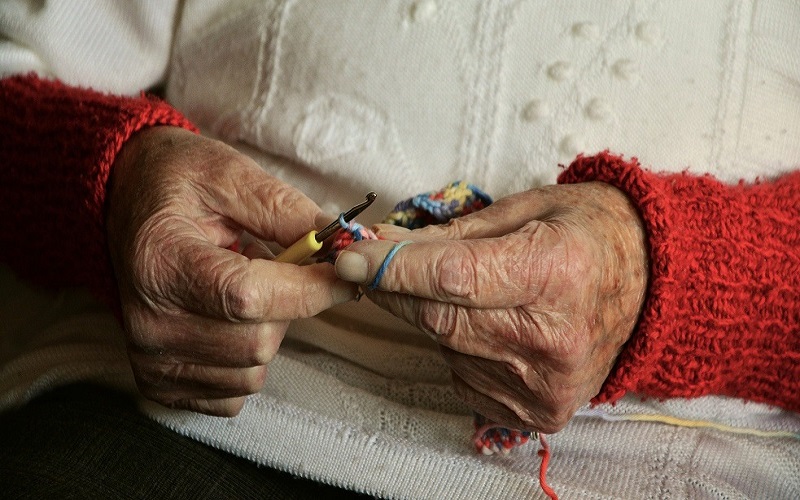
The cost of residential care for the elderly has again been under scrutiny by the media in recent weeks
Some reports have suggested that over the last four years, annual average care home costs have risen 10 times faster than pension incomes. The average cost for a room in a care home in the UK is now believed to be over £30,000 per year. With costs continuing to rise, individuals often contact us worrying about how they will fund care. Many are concerned about depleting their hard earned savings or worry that the local authority may insist on them selling their family home, which they had hoped to pass on to their children as inheritance.
How likely is it you will require residential care?
The reality is that not everyone requires residential care later in life. Recent studies show that only around 1 in 4 elderly adults in the UK will need residential care. This means that there is a high chance that you will never have to worry about meeting a costly care bill. However, with an ageing population, this figure is likely to rise and it is worth having some knowledge of how the local authority deals with assessing to what extent you fund your own care and what assistance you or a loved one may be entitled to.
Assessment and Assistance
If your income sufficiently covers the care home fees, it is unlikely you will ever require assistance with payments from the local authority. Personal care and social care allowances are also available from the Government as a ‘top-up’ to an individual’s income and come to just under £250 a week if you are assessed as being over 65 and requiring care. However, with the cost of care rising, fewer individuals fall into this category.
If an individual’s income is not sufficient to cover their weekly care home fees, they can apply to the local authority to assist with the payments. It is at this stage that the local authority will carry out a ‘Financial Assessment’. The majority of individuals have a modest pension income and some capital, usually in the form of their family home alongside some cash and/or investments. If an individual has below around £16,000 of capital, their fees will be met by the local authority. If they have over around £26,000 of capital, they will be deemed to be ‘self-funding’ until their capital reduces to £16,000, at which time the local authority will take over the funding. In between these figures there is a sliding scale of assistance the local authority provide towards assisting with fees.
As you can see, the threshold for an individual to be assessed as ‘self-funding’ is low at £26,000. If you own your own home, this is likely to automatically take you above the £26,000 threshold. As this is many individuals’ main asset, this often leads to four options;
- Rent
- Sell
- Allow the council to pay your fees and hold a charge over your property so that they can recover their costs once you pass away.
- Agree to a deferred payment agreement with the local authority so they can recover their costs once you pass away.
With the burden of rental too much for many, this often leads to the family home having to be sold, a charging order agreed to or a deferred payment agreement being signed.
Can I protect my house?
There are ways in which individuals can protect their assets against being used to fund any potential future care costs. These range from simple actions such as a couple altering how the title to your property is stated in your title deeds or through the use of gifting and Trust arrangements. The suitability of different options very much depends on an individual and their personal circumstances. A comprehensive review of any individual’s financial situation is essential before any steps are taken.
Regularly Asset Protection Trusts are sold by companies offering a 'one size fits all' solution to protecting the main source of inheritance for your children – the family home. However, this approach is often misleading and without bespoke advice, can prove to be ineffective.
Graeme Dickson is a solicitor in our Private Client team. If you wish to discuss the cost of care and planning for the future, please contact Graeme on 03330 430150, by email gdickson@thorntons-law.co.uk or contact a member of the Private Client team.
